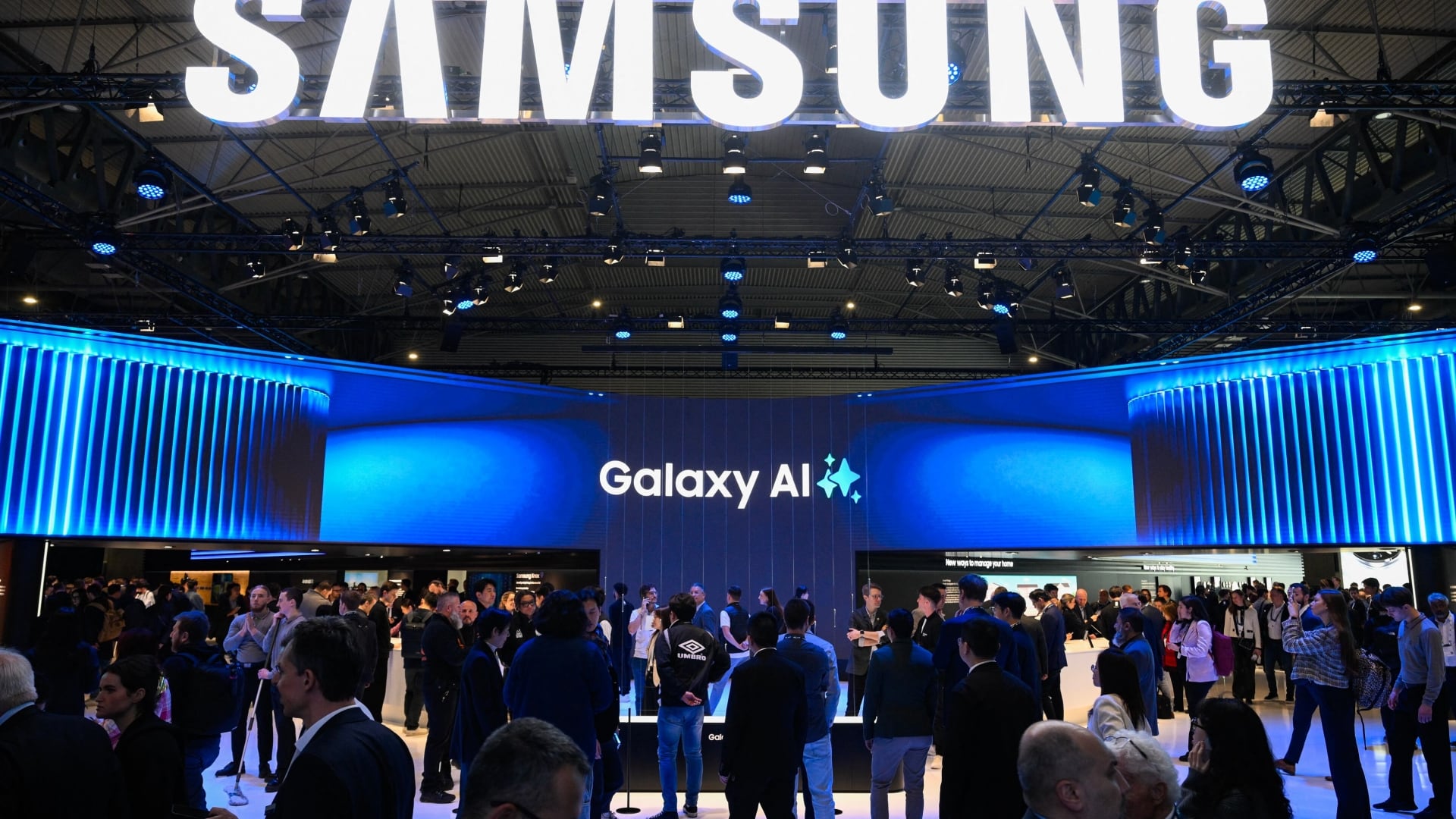David Hogg, a student at Marjory Stoneman Douglas High School, discusses President Trump's recent rhetoric on guns and arming teachers in the days following the mass shooting. Hogg discusses his disappointment with Trump's rhetoric, sharing his disdain for the president's tweet calling the NRA "Great People and American Patriots." He also touches on the recent news that a security guard at his school who was trained to take action did not. Hogg believes in the second amendment but says it needs to be limited. If you have a history of mental illness, a history of domestic violence, or a criminal record, you should not be able to get a gun, Hogg says. In the aftermath of the shooting, a number of conspiracy theorists called the students of Marjory Stoneman Douglas "crisis actors." Hogg was one of the students targeted in these attacks. Since he was attacked online, his Twitter following has quadrupled and he says it's only helped him push the movement forward. Hogg also shares his hopes for the #NeverAgain movement moving forward.








